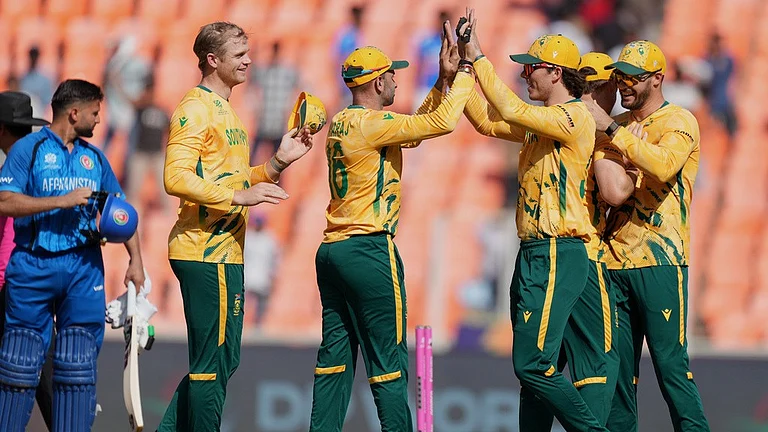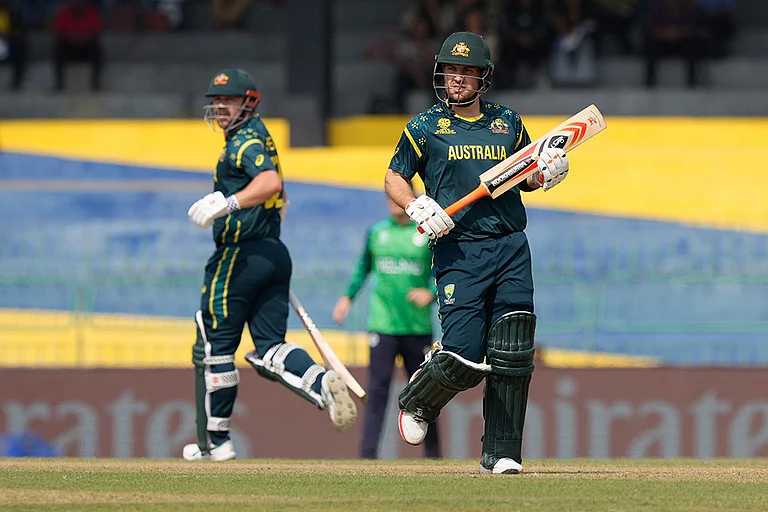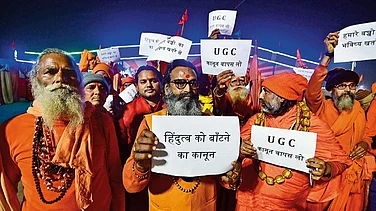As the air quality in Delhi remains in ‘severe’ category, the Delhi government has said it will attempt to induce artificial rain through cloud seeding in an effort to combat the worsening air pollution in the national capital. Delhi's AQI ranks among the worst in the world's capital cities.
Delhi Environment Minister Gopal Rai said he held a meeting with scientists from IIT Kanpur on Wednesday who told him that cloud seeding could only be attempted if there were clouds or moisture in the atmosphere.
"Experts anticipate that such conditions could develop around November 20-21. We have asked the scientists to prepare a proposal in this regard which will be submitted to the Supreme Court," the minister noted.
Meanwhile, the government has also banned the entry of app-based cab services like Uber and Ola based on the Supreme Court’s suggestion to curb the spiralling air pollution.
The top court slammed the Aam Aadmi Party’s ‘odd-even’ scheme in the capital as “mere optics” and suggested looking beyond it.
"We may also note that there is a large number of the App based taxis in Delhi which have registrations in different States. If we look at the roads, each one is carrying only one passenger," the court had said.
Following the court hearing, Delhi government said the odd-even car rationing scheme will be implemented after the Supreme Court reviews its effectiveness and issues an order. The scheme was expected to be implemented between November 13 and 20 but is deferred now till the top court's approval.
Meanwhile, the government also issued directions to immediately restart the Connaught Place smog tower and conduct a study to identify the sources of pollution. Rai claimed that the two projects were unilaterally stalled by Delhi Pollution Control Committee (DPCC) Chairman Ashwani Kumar without informing the government.
Stringent restrictions mandated under the final stage of the Central government's air pollution control plan for Delhi-NCR called the Graded Response Action Plan (GRAP), are already in place. The restrictions under GRAP-IV include a ban on all kinds of construction work and the entry of trucks and other non-essential commercial vehicles into Delhi.
Air quality in Delhi-NCR has drastically declined over the last two weeks due to a gradual drop in temperatures, calm winds that trap pollution and a surge in paddy straw burning across Punjab and Haryana.
A report by Energy Policy Institute at the University of Chicago (EPIC) in August said that air pollution is shortening lives by almost 12 years in the Indian capital.


























